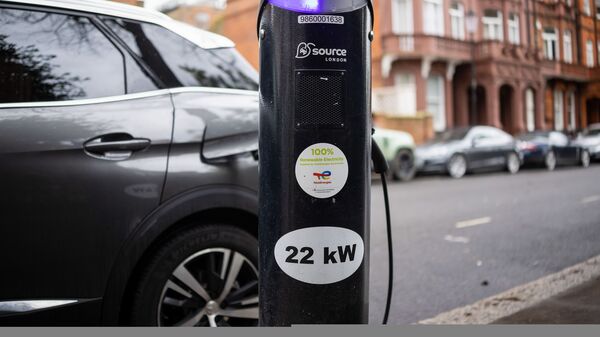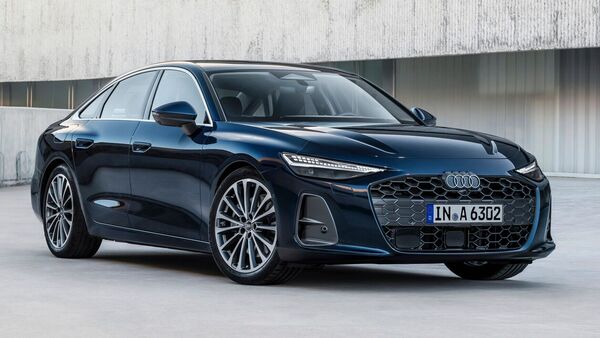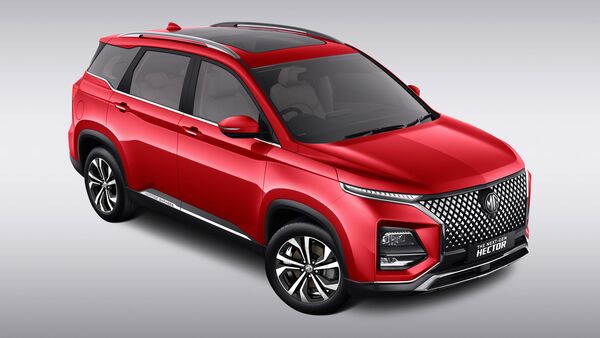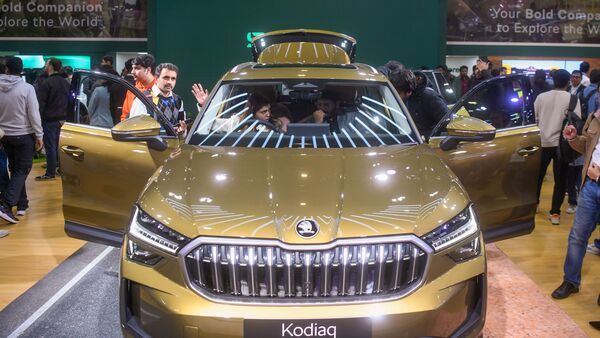
Delhi EV Policy 2.0: The Roadmap to 95% Electric Vehicles by 2027
1 month ago | 5 Views
The government of Delhi has unveiled the significant features of the anticipated Delhi EV Policy 2.0. This initiative aims to achieve a 95 percent adoption rate of electric vehicles (EVs) in new vehicle registrations by the year 2027. On Monday, the Delhi Transport Ministry released an official statement indicating that the Delhi EV Policy 2.0 provides a strategic framework to expedite the transition of the national capital to electric mobility, thereby reinforcing its status as a frontrunner in electric vehicle adoption within India.
Initially launched in 2020, the Delhi EV Policy was recognized as one of the most extensive electric vehicle policies in the country. Following its expiration in August 2024, the policy has undergone several extensions. The forthcoming Delhi EV Policy 2.0 is anticipated to supersede the previous framework.
Delhi EV Policy 2.0: Key highlights
The Delhi EV Policy 2.0 is designed to systematically replace all CNG auto-rickshaws, taxis, and light commercial vehicles in the city with electric vehicles. Additionally, it seeks to achieve a complete transition to electric buses. The policy includes incentives for the purchase of electric two-wheelers, three-wheelers, electric light commercial vehicles (e-LCVs), and electric trucks. Furthermore, it proposes scrapping and retrofitting incentives to facilitate the transition from internal combustion engine (ICE) vehicles to electric alternatives. The policy also prioritizes the electrification of commercial transport fleets and introduces more stringent regulatory measures to ensure adherence.
In addition to fostering consumer demand through incentives for EV purchasers, the Delhi government intends to enhance EV infrastructure as part of the Delhi EV Policy 2.0. Plans include the installation of additional public EV charging stations and the requirement for EV charging facilities in new constructions and public areas. The government has indicated its intention to provide capital subsidies for private and semi-public EV charging stations, as well as to establish fast-charging corridors along key routes, such as the Ring Road and Outer Ring Road.
The Delhi EV Policy 2.0 also aims to establish a dedicated state EV fund to finance these incentives, with funding anticipated to come from green levies, pollution cess, and aggregator license fees.
Moreover, the policy emphasizes skill development and job creation within the electric mobility sector. The government has expressed its commitment to generating employment opportunities in areas such as EV sales, servicing, financing, and battery management. The Delhi Skill & Entrepreneurship University (DSEU) will partner in developing training programs for electric vehicle mechanics and drivers.
Read Also: Uno Minda Unveils Advanced E-Bike Tech
Get the latest Bollywood entertainment news, trending celebrity news, latest celebrity news, new movie reviews, latest entertainment news, latest Bollywood news, and Bollywood celebrity fashion & style updates!
HOW DID YOU LIKE THIS ARTICLE? CHOOSE YOUR EMOTICON!
#




















